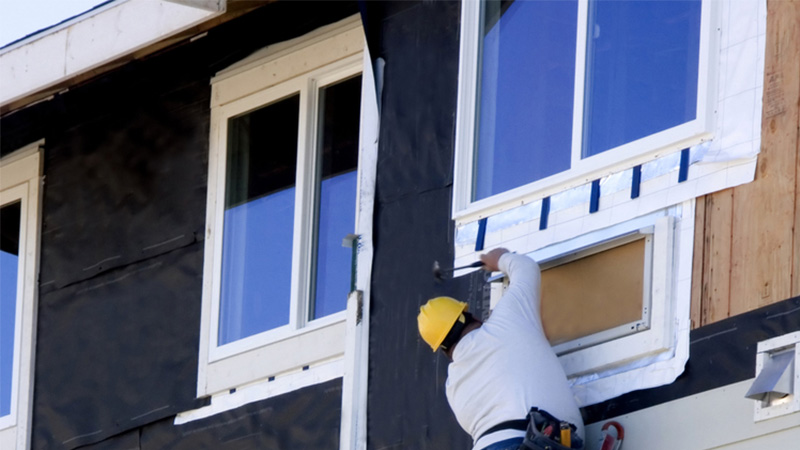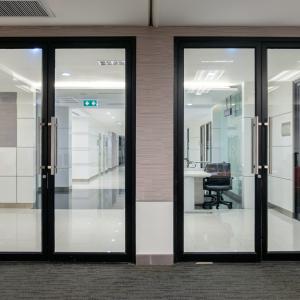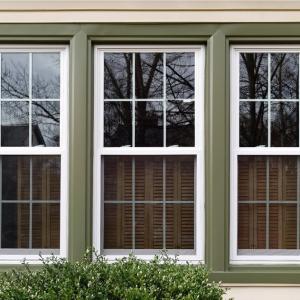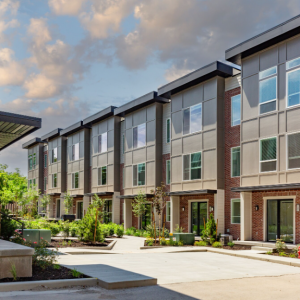What Should You Consider in New Windows?

When it comes to upgrading your home with new windows, the most critical step is consulting a professional before making any decisions. Experienced window installers and contractors possess invaluable expertise that can guide you through the complex process of choosing the right windows for your specific needs. These experts can help you navigate the myriad of options available, ensuring that you select features that are not only desirable but necessary for your home's unique requirements.
One of the primary reasons to involve a professional is the importance of accurate measurements. Proper fitting is crucial for optimal window performance, energy efficiency, and aesthetics. Even minor discrepancies in measurements can lead to significant issues down the line, including drafts, water leaks, or difficulty in operation. Professional installers use precise techniques to ensure your new windows fit perfectly, maximizing their effectiveness and longevity.When embarking on your window replacement journey, several key factors deserve careful consideration:
Local Building Codes and Regulations
Every region has its own set of building codes and regulations that govern window installations. These rules can be quite specific, often dictating:
Minimum and maximum window sizes
Placement requirements
Number of required panes
Safety features
In areas prone to extreme weather conditions, such as hurricane-prone coastal regions, there may be additional requirements. For instance, impact-resistant windows might be mandatory to withstand high-velocity winds and flying debris. A knowledgeable contractor can help you navigate these regulations, ensuring your new windows comply with all local standards.
Energy Efficiency
In today's environmentally conscious world, energy efficiency is a top priority for many homeowners. Investing in energy-efficient windows can lead to significant savings on your utility bills while also reducing your carbon footprint. When exploring energy-efficient options, consider the following:
Low-emissivity (Low-E) Glass: This special coating helps insulate your home by reflecting heat. In summer, it keeps the heat out, while in winter, it retains warmth inside.
Multi-pane Windows: Double or triple-pane windows with inert gas fills (like argon) between the panes provide superior insulation compared to single-pane alternatives.
Frame Materials: Some materials, like vinyl and fiberglass, offer better insulation properties than others.
To better understand window efficiency, familiarize yourself with these key terms:
U-value: Measures the rate of heat transfer through the window. Lower U-values indicate better insulation.
R-value: Represents the window's resistance to heat flow. Higher R-values signify better insulation.
Solar Heat Gain Coefficient (SHGC): Indicates how much solar radiation passes through the window. Lower SHGC values are better for hot climates, while higher values can be beneficial in colder regions.
Privacy and UV Protection
Modern window technology offers solutions that enhance privacy without sacrificing natural light. Specialized coatings and films can:
Reflect UV rays, protecting your furniture and floors from sun damage
Reduce glare, which is particularly beneficial for home offices or media rooms
Prevent outsiders from seeing into your home, even during daylight hours
These features allow you to enjoy abundant natural light without compromising on privacy or comfort.
Aesthetic Considerations
Windows play a crucial role in defining your home's character, both inside and out. When selecting new windows, consider how they will complement your home's architectural style and interior design. Key aesthetic factors include:
Frame Materials: Options like wood, vinyl, aluminum, or composite each offer distinct looks and benefits.
Window Styles: Choose from a variety of styles such as double-hung, casement, bay, bow, or picture windows to suit your home's design and your personal preferences.
Grille Patterns: These can add a decorative touch and enhance the traditional look of your windows.
Glass Options: Frosted, tinted, or textured glass can add visual interest while also providing privacy.
Maintenance Requirements
Different window types and materials have varying maintenance needs. Consider your willingness and ability to perform regular upkeep when choosing your windows. For example:
Wood frames offer classic beauty but require periodic painting or staining.
Vinyl frames are low-maintenance but may have limited color options.
Fiberglass combines durability with the option to paint, offering a middle ground.
Sound Insulation
If you live in a noisy area or value a quiet home environment, consider windows with enhanced sound-insulation properties. Features like laminated glass or increased air space between panes can significantly reduce outside noise transmission.
Security
Windows are potential entry points for intruders, so security features should not be overlooked. Look for windows with robust locking mechanisms, reinforced frames, and impact-resistant glass for added protection.
Warranty and Long-term Value
Lastly, consider the warranty offered with your new windows and the long-term value they bring to your home. Quality windows from reputable manufacturers often come with comprehensive warranties, providing peace of mind and potentially increasing your home's resale value.
In conclusion, while the process of selecting new windows may seem daunting, working with a professional and considering these key factors will help ensure you make an informed decision. Your new windows will not only enhance your home's appearance and comfort but also contribute to its energy efficiency and overall value for years to come.






